Who is Sam Altman? The evolution of OpenAI's CEO
The most recognizable person in the generative artificial intelligence industry has ambitious plans to change the world
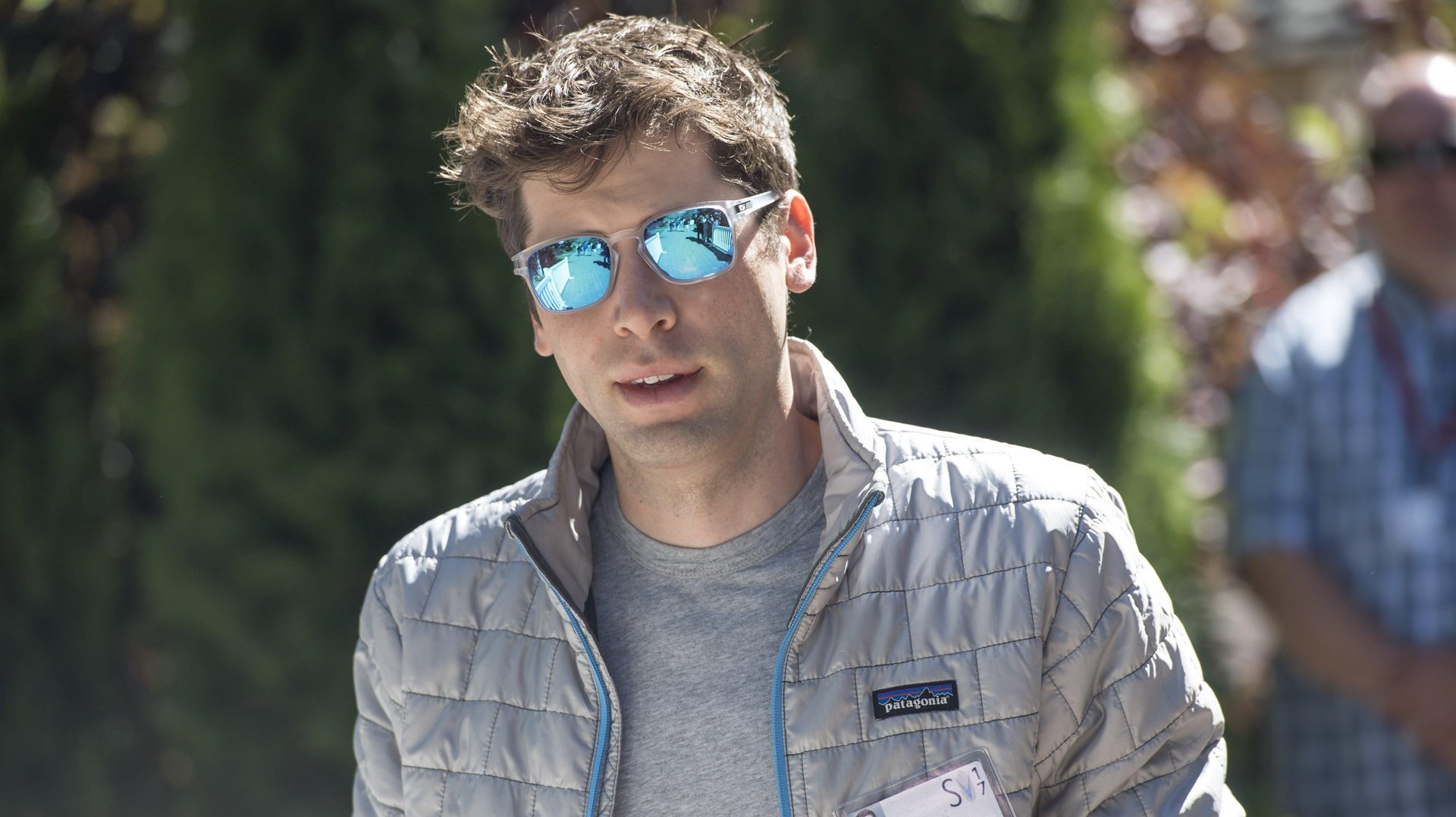
Before leading OpenAI, Sam Altman was the president of Y Combinator, a startup accelerator that has launched companies including Airbnb $ABNB, Instacart, and Dropbox.
Now Altman is leading one of the hottest and most important companies of the moment: OpenAI, which has launched ChatGPT and, most recently, the AI video generator Sora.
Let’s take a closer look at Altman and how he came to be seen as a visionary entrepreneur.
2 / 14
1985: Sam Altman’s early years in St. Louis
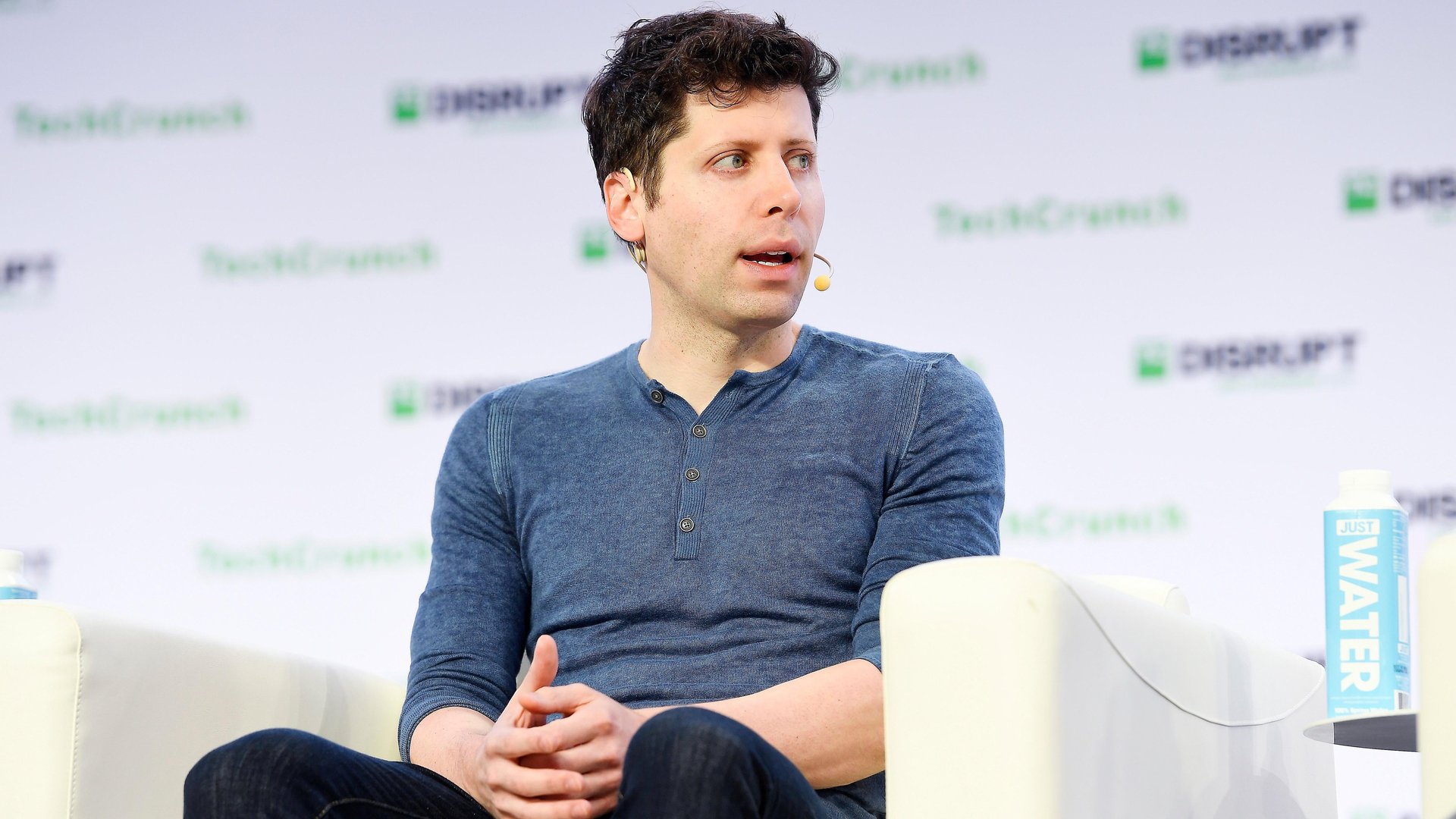
Altman was born into a middle-class Jewish family in the suburbs of St. Louis, the eldest of four children. His parents were a real estate broker and dermatologist. Altman came out as gay when he was a teenager, giving a speech in front of his high school after some students objected to a National Coming Out Day speaker.
3 / 14
2003: Altman went to Stanford and co-founded Loopt
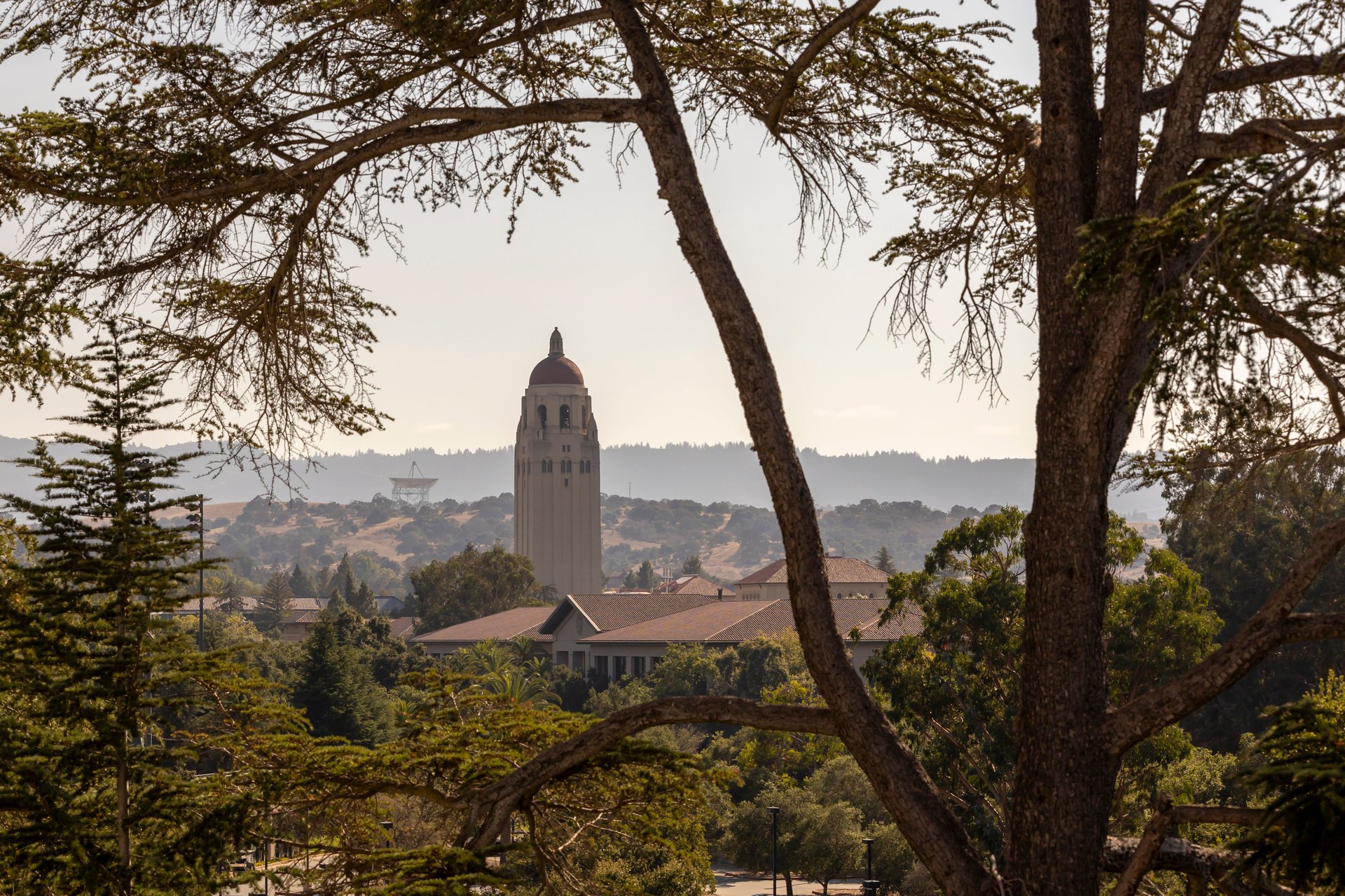
Altman enrolled at Stanford University to study computer science in 2003. Two years later, he dropped out of school to work full time on Loopt, a location-based social network company he co-founded.
4 / 14
2012: Altman sold Loopt and became a millionaire
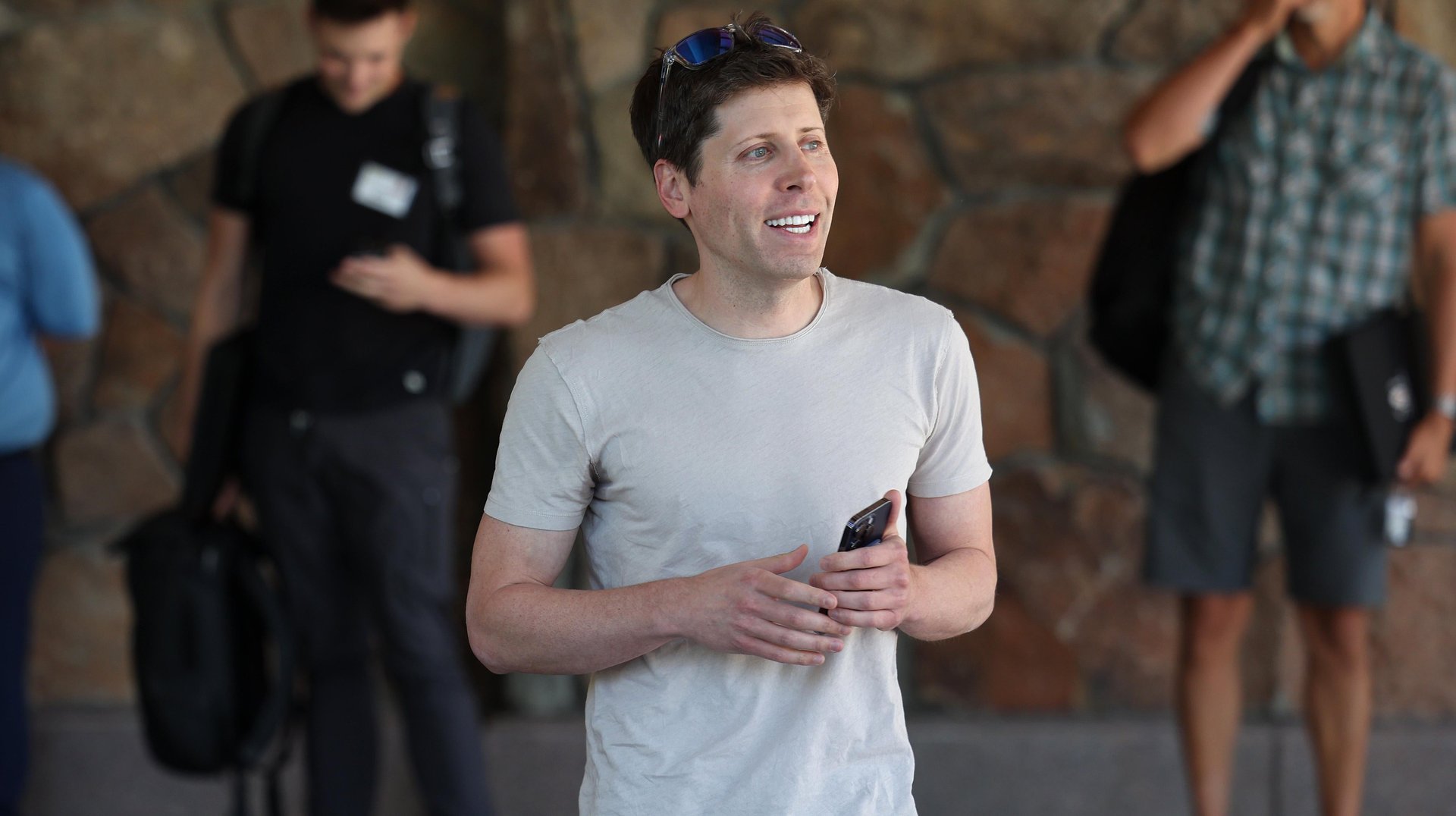
Loopt, which became part of the first cohort of eight companies to join startup accelerator Y Combinator, sold for $43 million in 2012, netting Altman $5 million, Time magazine reported.
“The way to get things done is to just be really f—king persistent,” Altman told Vox following the deal.
5 / 14
2014: Sam Altman met Elon Musk
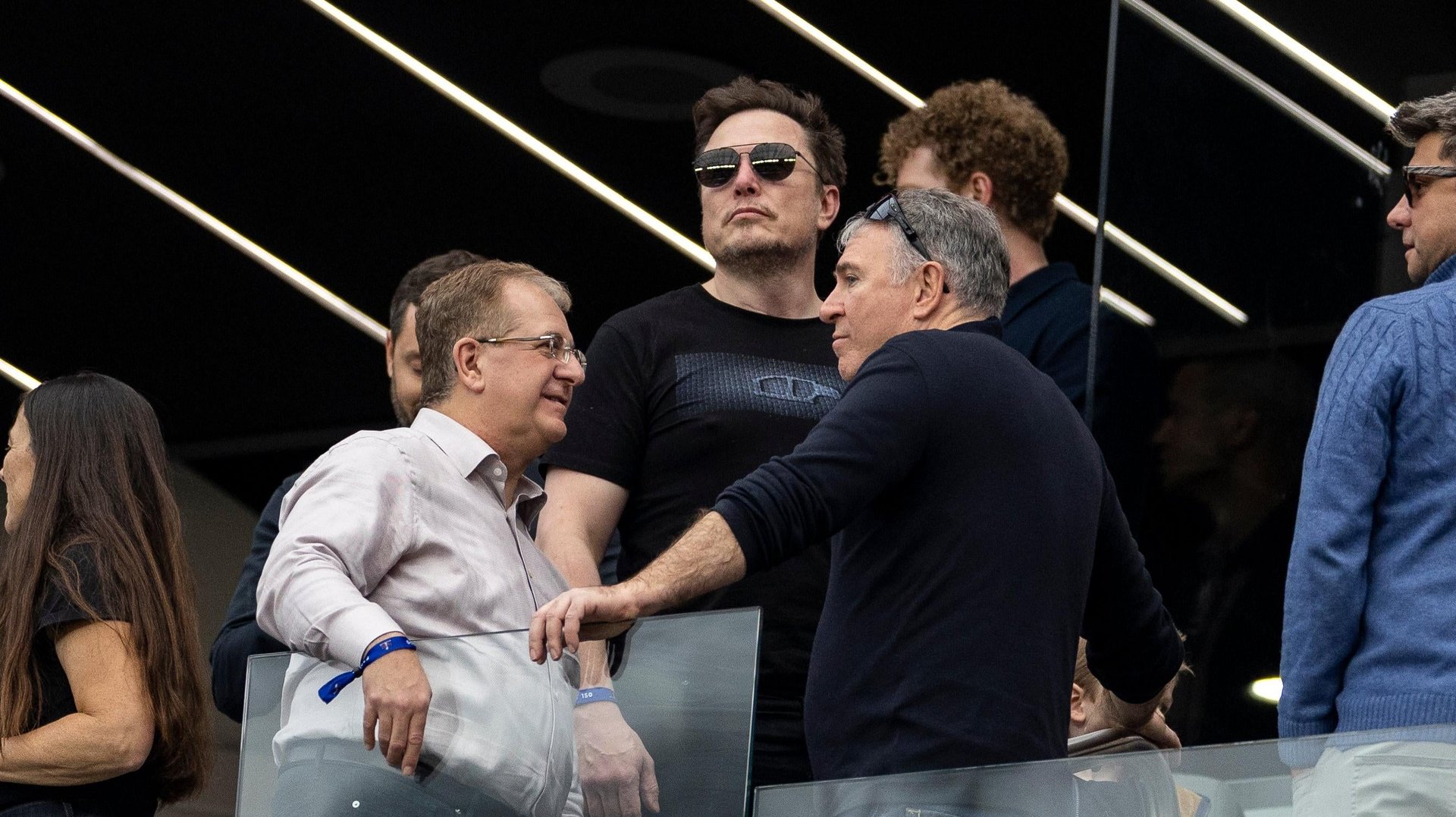
Y Combinator co-founder Paul Graham tapped Altman to replace him as president of the startup accelerator in 2014. Altman wanted to expand Y Combinator’s remit beyond software to “hard tech” startups working on world-transforming technology that might not yet be possible. Altman ended up writing a $9.5 million personal check to nuclear fusion startup Helion.
“That’s the responsibility of capitalism,” Altman told Time. “You take big swings at things that are important to get done.”
Also around this time, Altman started thinking about artificial general intelligence, or AGI. He began talking with Elon Musk, the Tesla $TSLA CEO who shares similar concerns about not only AI systems smarter than human beings but also about corporations in charge of such systems. Google $GOOGL had just bought DeepMind, an AI research lab. Musk and Altman envisioned a nonprofit AI lab that acted as a counter to profit-driven companies working on similar technology.
6 / 14
2015: OpenAI was born

OpenAI was founded in an office in a converted luggage factory in San Francisco’s Mission district in 2015. Six people can be counted as co-founders, including Altman, Musk, Ilya Sutskever (formerly of Google $GOOGL Brain), and current OpenAI president Greg Brockman. Investors including LinkedIn co-founder Reid Hoffman and former PayPal $PYPL CEO Peter Thiel pledged $1 billion in donations.
During OpenAI’s early years, Altman remained Y Combinator’s president and stayed involved from a distance.
7 / 14
2016: Altman got curious about UBI
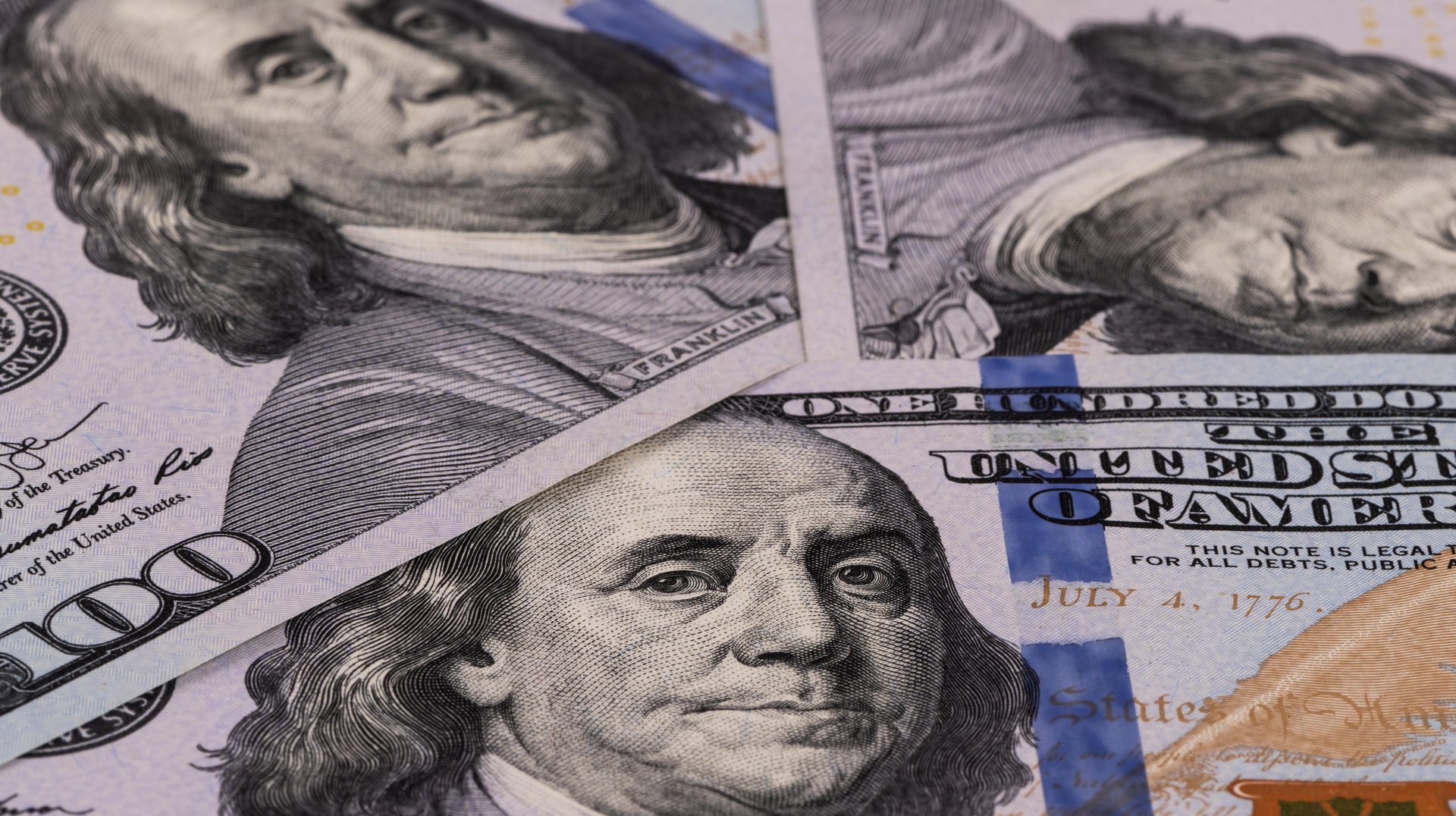
In 2016, Altman announced plans to support a study of UBI, or universal basic income, a policy in which people receive monthly government payments. For three years, the study provided 3,000 participants with either $1,000 per month or $50 per month. Findings from the study are expected to be released this year.
8 / 14
2017: Political aspirations
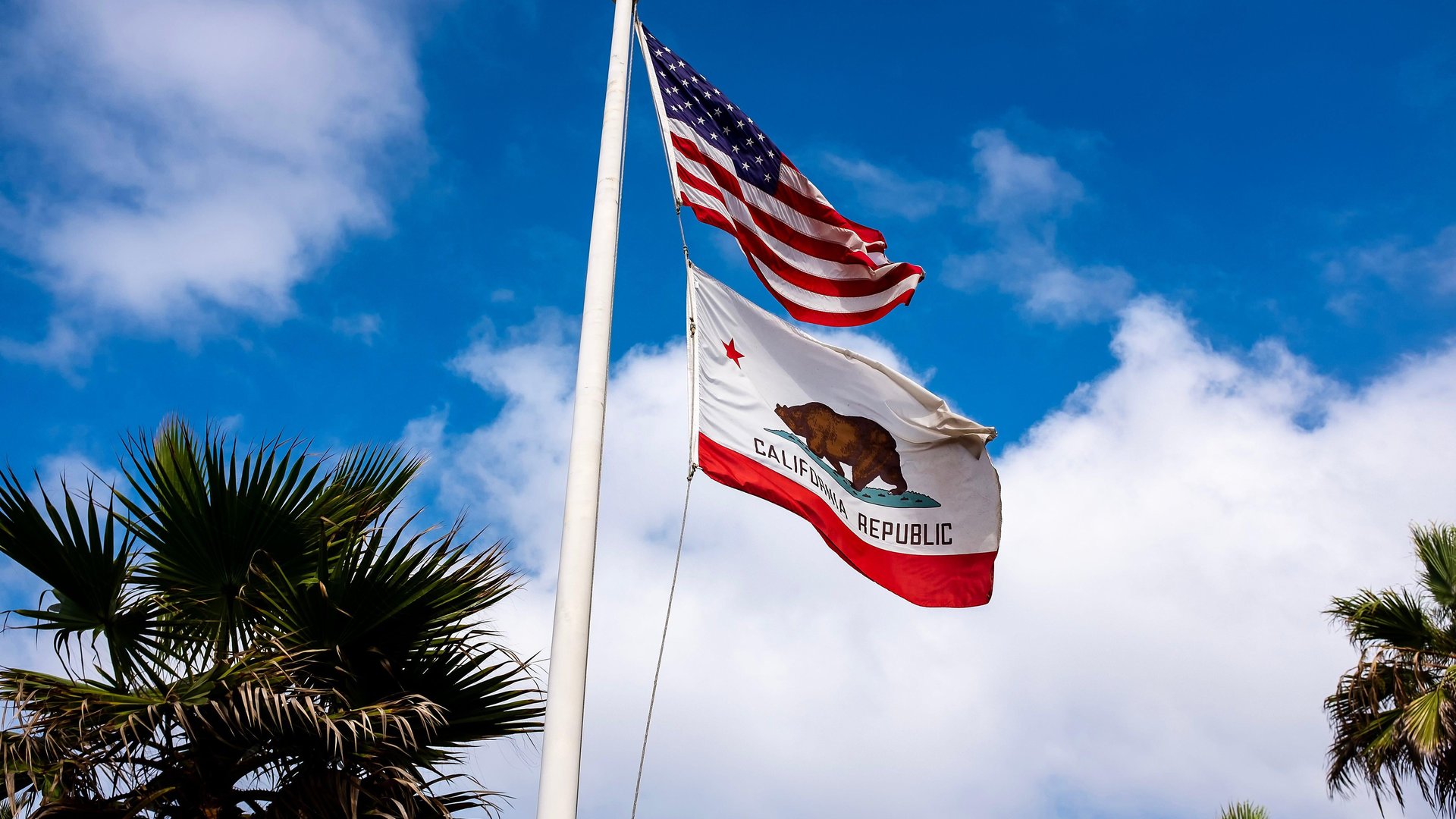
Alarmed at then-President Donald Trump’s rise, Altman explored running for governor in California. He ultimately did not run.
“It was so clear to me that I was much better suited to work on AI,” Altman said. “And that if we were able to succeed, it would be a much more interesting and impactful thing for me to do.”
9 / 14
2019: Focusing entirely on OpenAI
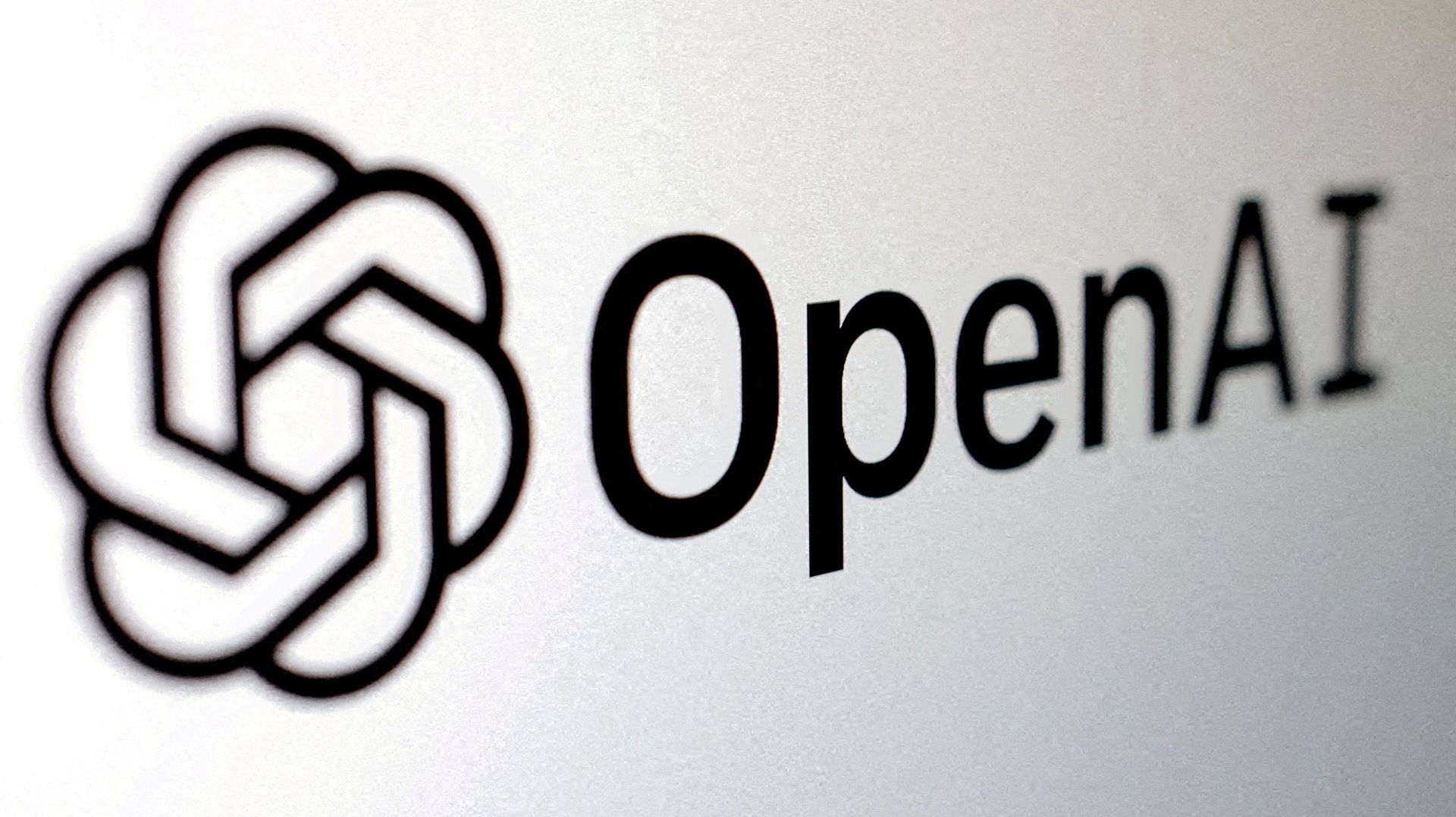
Wary of the incentives of investors influencing AGI, OpenAI’s leadership team developed a “capped profit” subsidiary, which could raise funds for investors but would be governed by a nonprofit board. OpenAI’s earliest investors signed paperwork indicating that they could receive returns of up to 100 times their investment, with any amount above that flowing to the nonprofit.
Following the installment of the capped profit model at OpenAI, Altman left Y Combinator and became OpenAI’s CEO.
Altman raised the first billion-dollar investment from Microsoft $MSFT, which would provide the Azure cloud service for OpenAI’s large AI models to scale. That investment has now ballooned to $13 billion.
10 / 14
2021: Anthropic split off
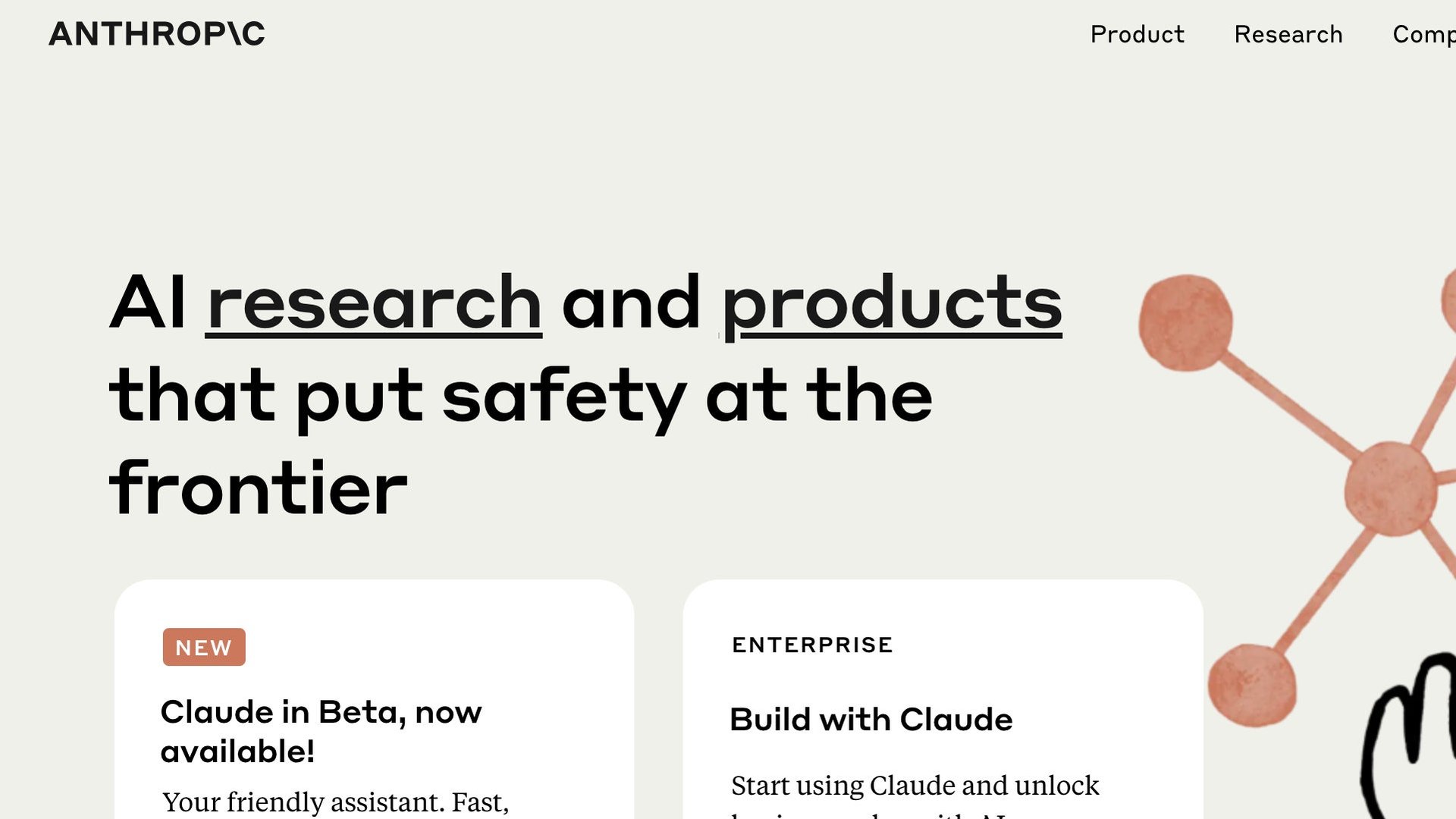
After some years of working on AI models, OpenAI — believing that AGI is closer than expected — wanted to release its AI tools to more people. OpenAI hoped that giving the public a taste of its AI models would attract funding and yield feedback on improving those models.
Some people within OpenAI worried that the company was drifting away from its original mission. By then, the company had also reneged on open-sourcing its AI model, according to Time.
As a result, several staffers quit to start a rival lab called Anthropic, led by Dario Amodei, OpenAI’s top safety researcher.
11 / 14
2022: Say hello to ChatGPT
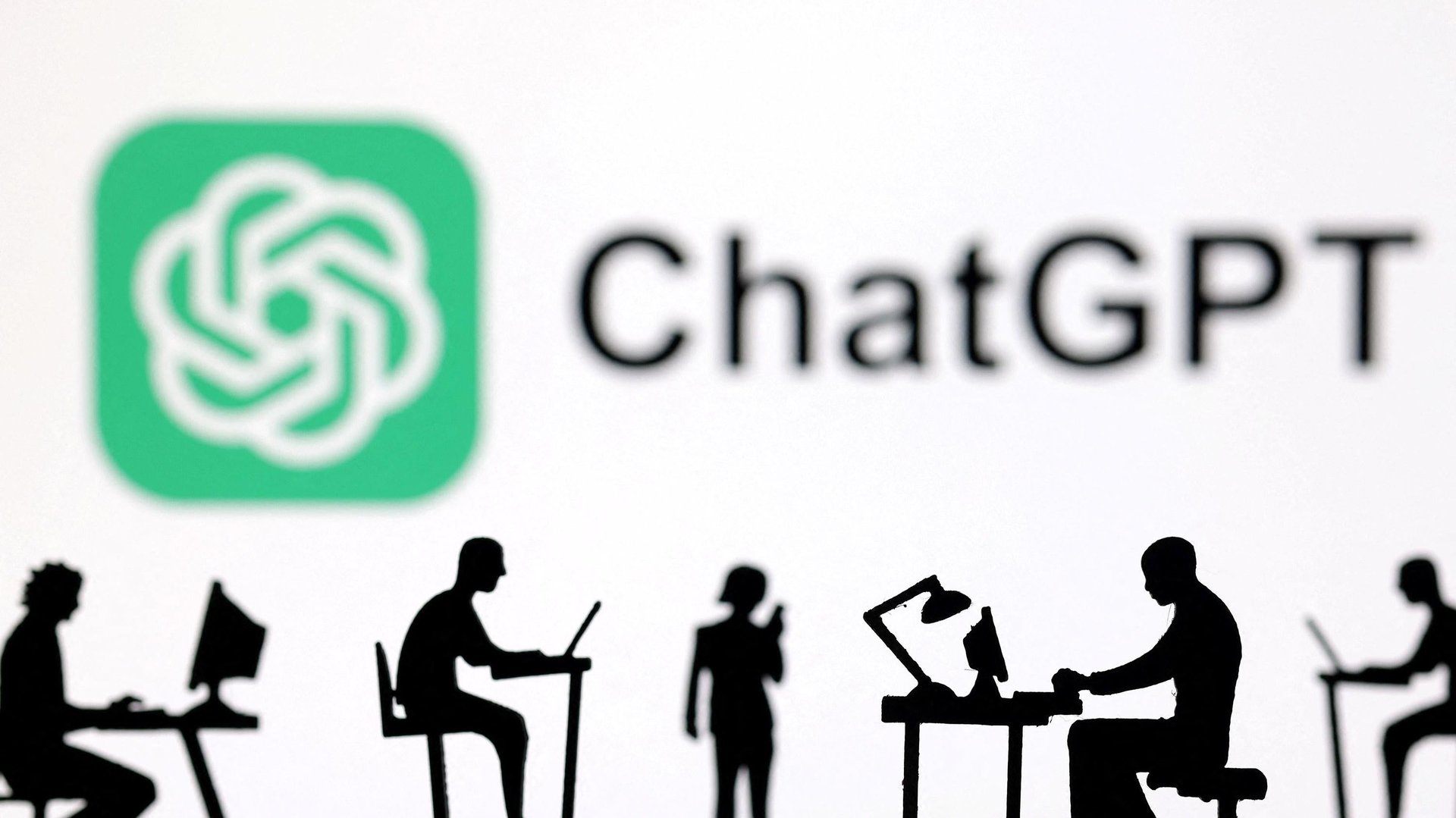
Altman replaced the title of OpenAI’s AI chatbot, “Chat with GPT-3.5,” with the slightly pithier ChatGPT.
The bot launched in November 2022.
Five days later, ChatGPT hit one million users. It now has 100 million users, according to the company — a number that took Meta $META more than four years to hit.
12 / 14
2023, Part 1: Altman went on a world tour
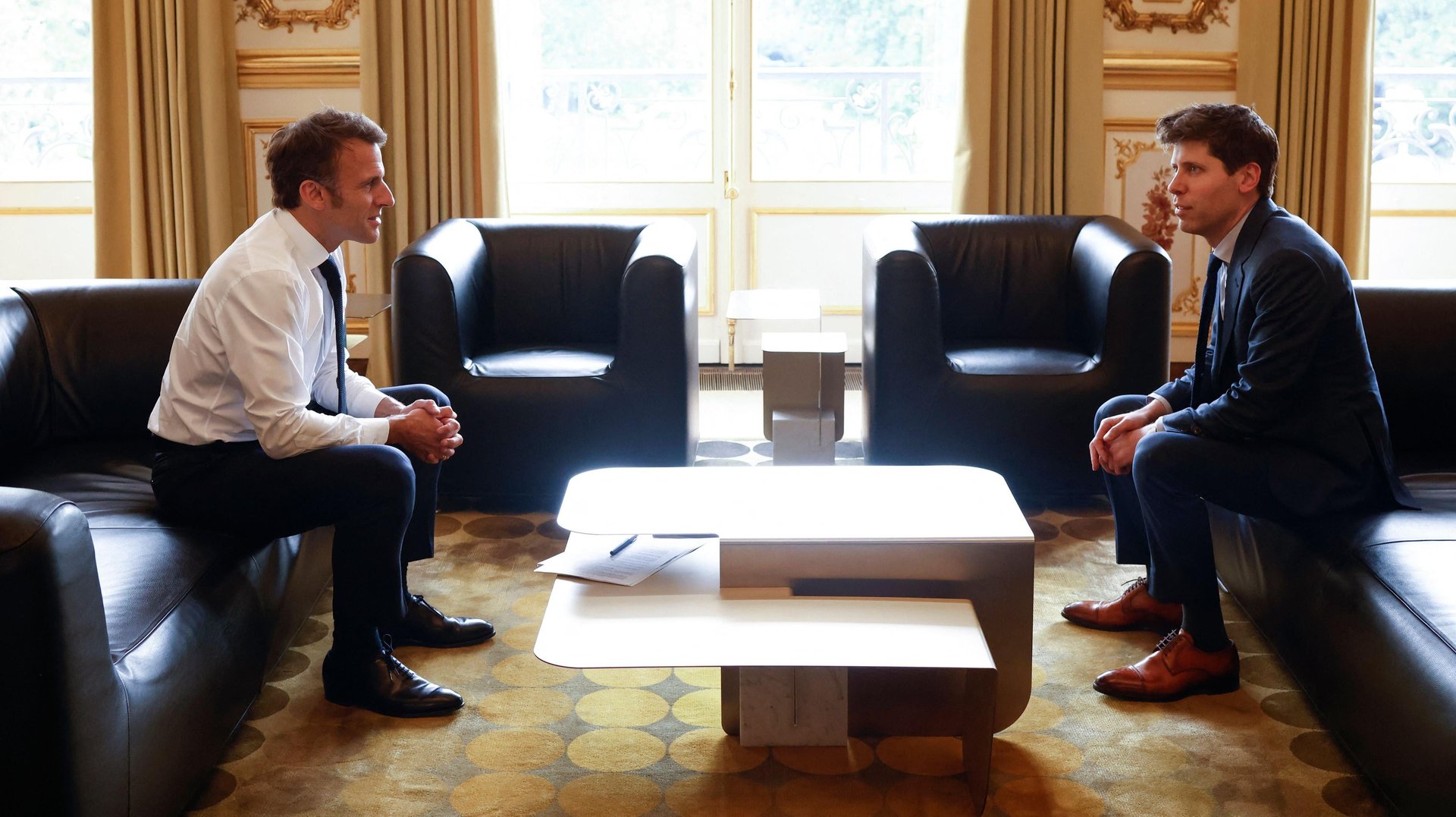
In June of 2023, Altman met global leaders including Indian Prime Minister Narendra Modi, French President Emmanuel Macron, and South Korean President Yoon Suk Yeol, in part to shape the debate on regulating AI.
Altman also launched Worldcoin, a biometrics-based cryptocurrency that aims to counter online identity challenges. But it doesn’t seem to have stopped crypo scammers.
13 / 14
2023, Part 2: Altman is ousted from OpenAI — and quickly returns
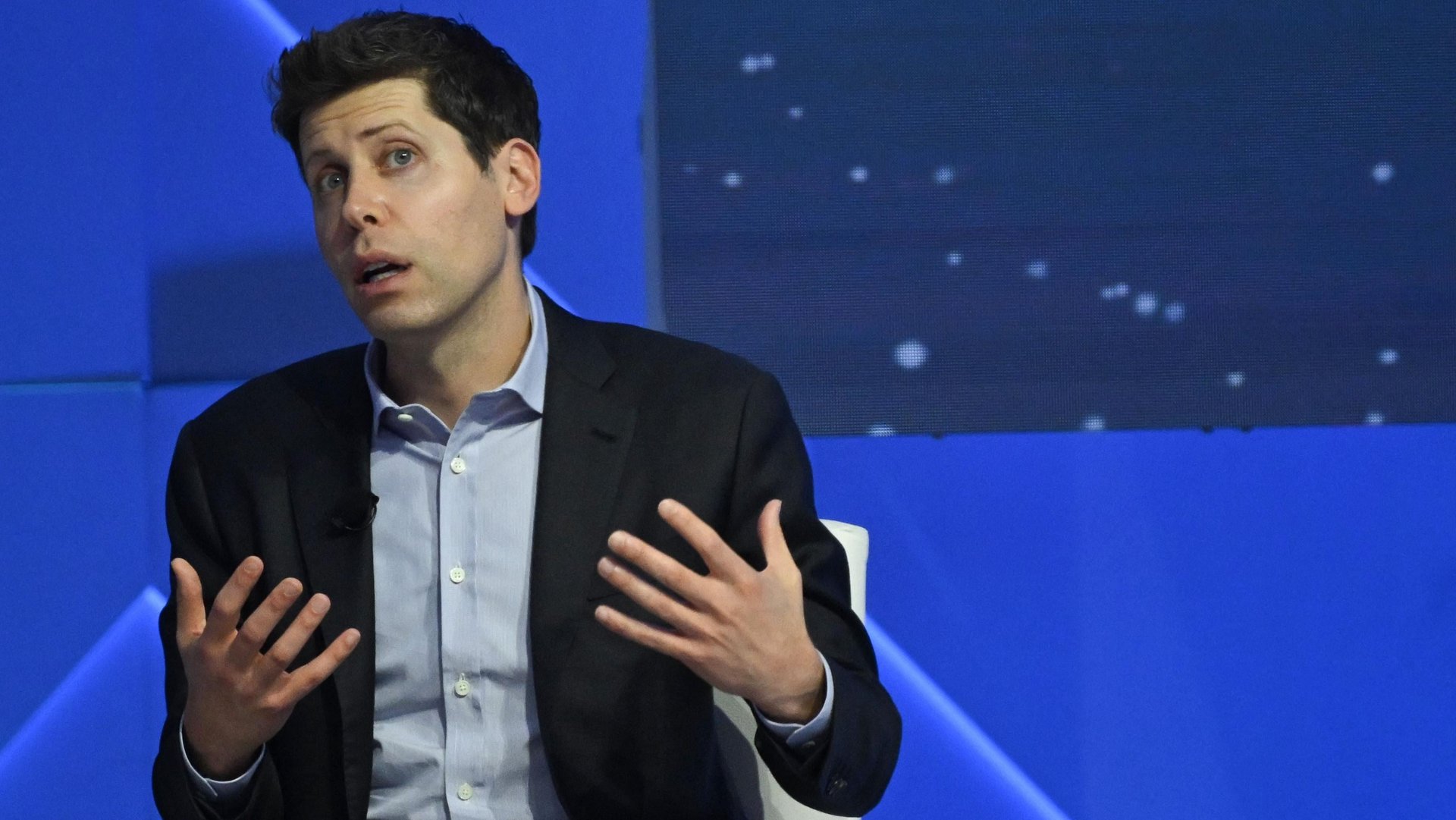
In December of 2023, OpenAI experienced its biggest drama yet: Altman was ousted by the board as CEO, only to be brought back days later after some 700 employees threatened to quit (and after several sleepless nights for those involved).
14 / 14
2024: The GPT Store and more
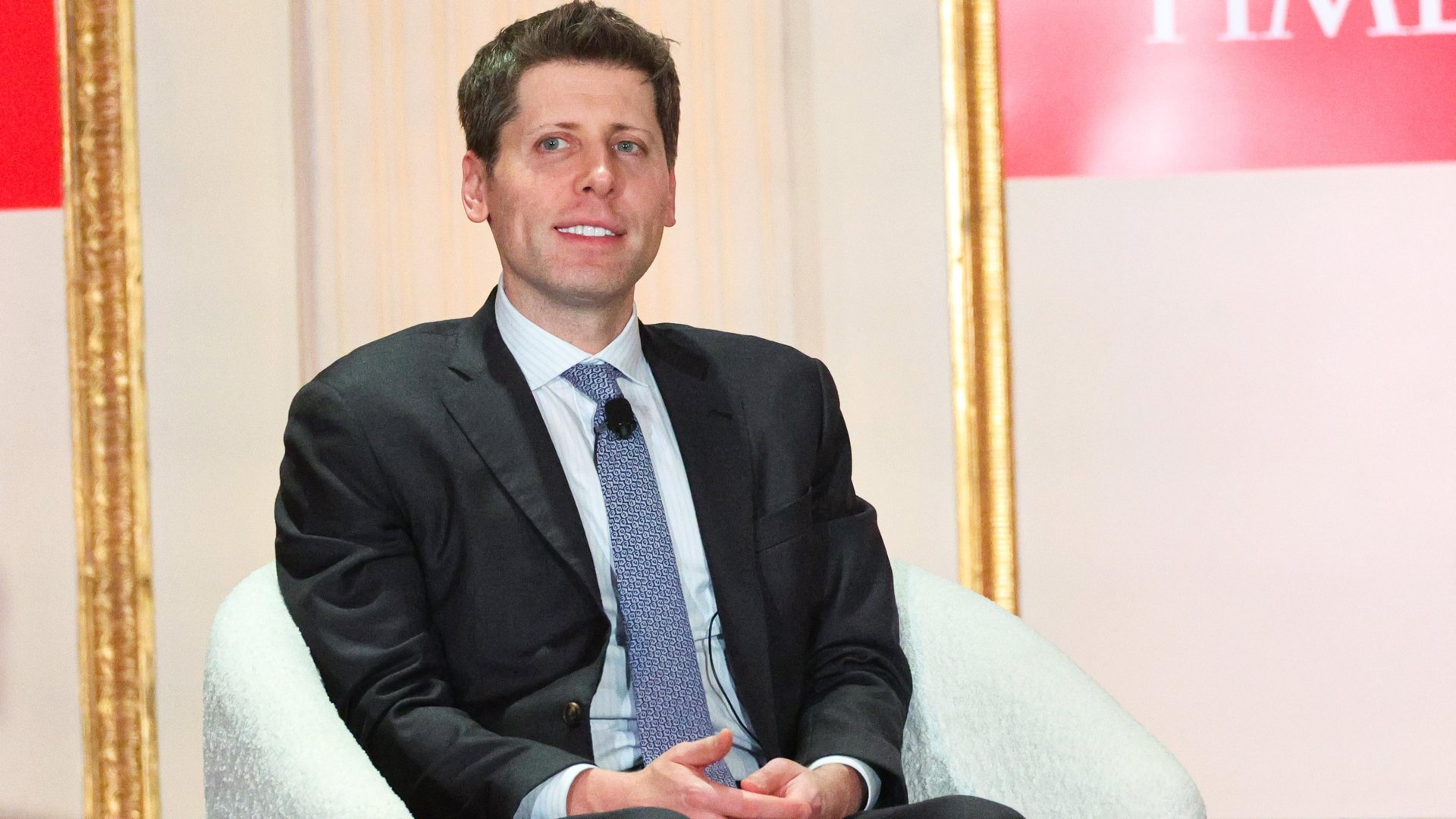
Altman’s OpenAI continues to grow. In January, the company launched the GPT Store, which offers customized AI chatbots — taking a page from Apple $AAPL’s App Store playbook.
Altman is now reportedly seeking trillions of dollars for a new chip project.
